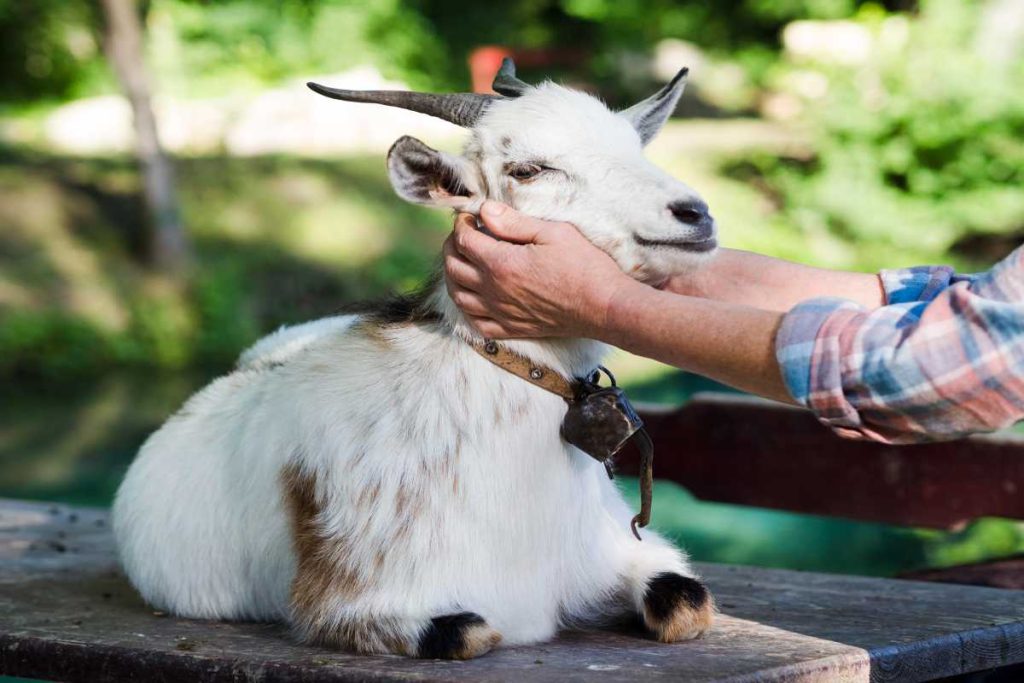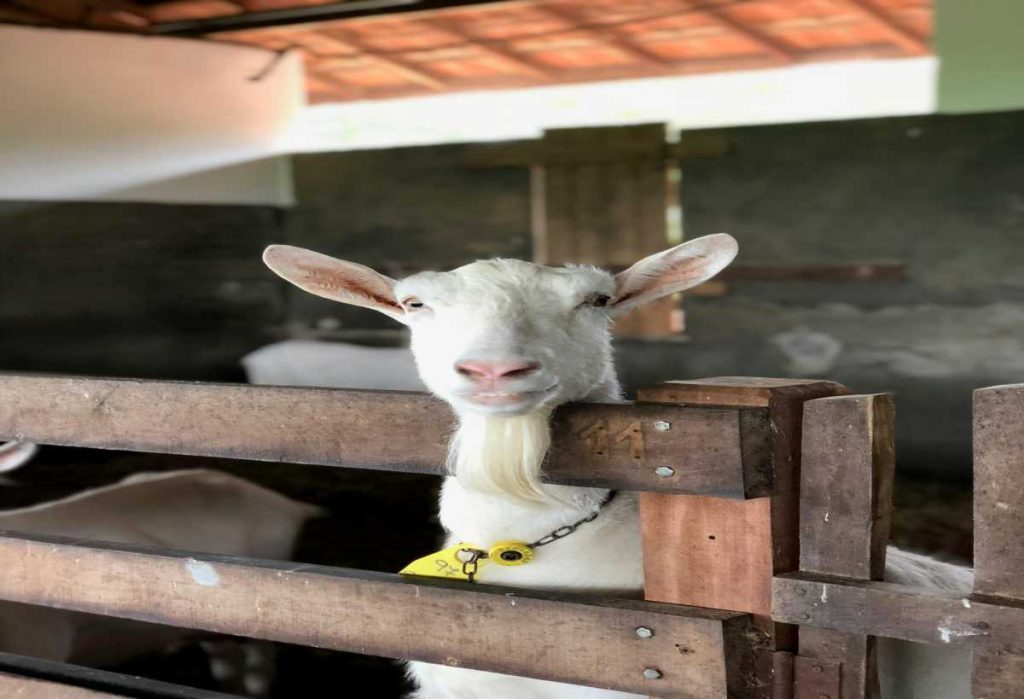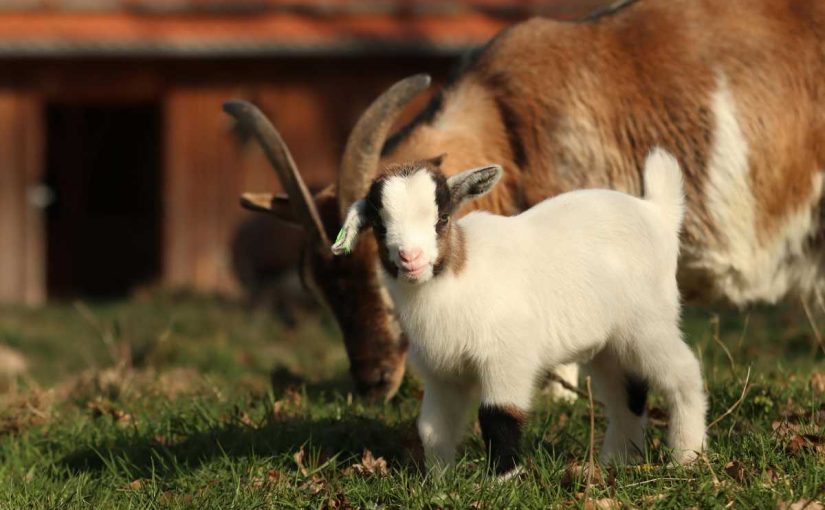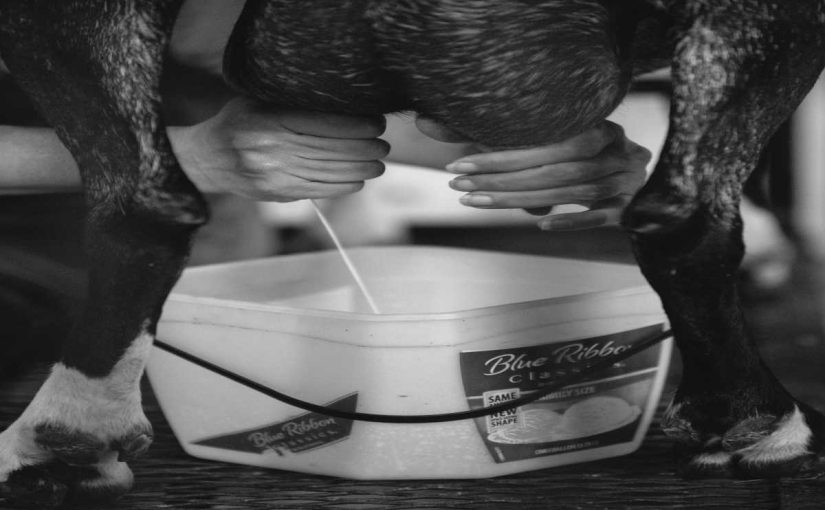Owning goats can be a wonderful experience, whether for homesteading, milk, meat, or companionship. But along with the joy of raising these lively animals comes a range of legal responsibilities. From zoning restrictions and permits to health and safety regulations, it’s essential to be informed and compliant. Here’s a comprehensive legal checklist to ensure you’re fully prepared to own goats responsibly and legally.
1. Check Local Zoning and Property Regulations
Why This Matters
Each locality has specific zoning rules for animal ownership. These rules dictate whether and how you can keep goats on your property, so understanding them is the first step in legal goat ownership.
What to Look For
- Zoning Classifications: Determine whether your property is zoned for livestock, agriculture, or residential use, as this affects if and how you can keep goats.
- Animal Restrictions: Some cities or neighborhoods may limit the number, gender, or size of animals you can keep.
- HOA Rules: If you live in an area with a homeowners’ association (HOA), check their regulations on livestock, as some may restrict or ban animal ownership altogether.
How to Comply
Contact your local zoning or planning department to review zoning laws, or consult the HOA if applicable. Obtain any necessary permits or waivers if required by your locality.
2. Obtain Permits and Licenses
Why This Matters
Some areas require permits or licenses to keep livestock. This can vary widely depending on your region and the purpose of owning goats (e.g., for commercial meat or dairy production).
Types of Permits
- Livestock Permit: Often required for keeping farm animals within residential zones.
- Commercial Permits: If you plan to sell goat products like milk or meat, you may need additional permits for health and safety compliance.
- Animal Control Registration: Some cities ask livestock owners to register their animals for record-keeping and regulatory purposes.
How to Comply
Contact local agricultural or animal control authorities to understand the specific permit and license requirements. Submit any applications, and pay fees as needed to remain compliant.

3. Understand Animal Welfare Laws
Why This Matters
Animal welfare laws exist to ensure animals receive proper care, handling, and shelter. Violating these laws can result in fines, legal issues, or, in severe cases, the removal of your animals.
Basic Animal Welfare Requirements
- Adequate Shelter: Goats need protection from extreme weather, so shelters must meet local welfare standards.
- Proper Nutrition and Care: Goats should have access to fresh water, adequate food, and regular health care.
- No Cruelty Practices: Ensure your practices comply with anti-cruelty laws, which prohibit neglect, abuse, or inappropriate handling of animals.
How to Comply
Review local animal welfare guidelines, which are typically outlined by local animal control agencies or agricultural departments. Maintaining records of vaccinations, veterinary visits, and feed purchases can also demonstrate compliance if ever questioned.
4. Be Aware of Health and Safety Regulations
Why This Matters
Health and safety regulations protect both the public and animals, particularly if you intend to sell goat products such as milk, cheese, or meat.
Health Standards for Goats
- Vaccinations and Health Checks: Some areas mandate vaccinations or regular health checks for livestock to prevent the spread of zoonotic diseases.
- Food Safety Standards: If you sell goat milk, meat, or cheese, specific handling and storage regulations must be followed to ensure public health safety.
- Manure Management: Proper disposal or composting of manure is essential, as it helps maintain sanitation and reduce disease risk.
How to Comply
Consult with your local veterinary services or agricultural extension office for guidance on health and safety regulations specific to goats. Keeping a record of health check-ups and maintaining cleanliness in goat housing areas will help you stay compliant.
5. Follow Transport and Movement Laws
Why This Matters
If you plan to transport goats, particularly across state lines, you may need to follow specific movement laws. These laws are in place to prevent disease transmission and protect the biosecurity of livestock.
Transport Requirements
- Health Certificates: Many states require a Certificate of Veterinary Inspection (CVI) or health certificate when transporting animals.
- Identification Tags: Some regions mandate that animals have identification tags or ear tattoos for tracking purposes.
- Interstate Movement Laws: Moving goats between states often requires additional paperwork and compliance with both states’ animal health regulations.
How to Comply
Contact your veterinarian to obtain any necessary health certificates and ensure your goats meet all identification requirements. Check with the Department of Agriculture in both your origin and destination locations for interstate movement requirements.
6. Understand Breeding and Animal Sale Regulations
Why This Matters
Selling goats or breeding them for sale may involve additional regulations, including animal identification, health certifications, and buyer disclosures.
Breeding and Sales Requirements
- Registration for Purebred Animals: If selling registered breeds, paperwork and adherence to breed organization standards are often required.
- Health Guarantees: Some regions require sellers to provide health records or guarantees for animals sold.
- Buyer Documentation: Provide documentation for vaccinations and treatments for sold goats, especially when selling young or breeding animals.
How to Comply
Work with reputable breed registries for registration requirements. Ensure you keep accurate health records and provide buyers with a detailed health and vaccination history for each goat sold.
7. Protect Your Farm with Liability Insurance
Why This Matters
Liability insurance can protect you if someone is injured by your goats or if property damage occurs. This is particularly important if people visit your property or if you operate a goat-related business.
Insurance Options for Goat Owners
- Farm Liability Insurance: Covers general accidents and injuries that might occur on your property.
- Livestock Insurance: Protects your herd against losses due to theft, accidents, or natural disasters.
- Product Liability Insurance: If you sell goat products like meat or cheese, product liability insurance can help protect you in case of a product-related claim.
How to Comply
Speak with a local insurance agent to understand the coverage options for livestock and farm operations. Maintain your insurance policy and update it as needed based on the size and scope of your operation.
8. Manage Environmental Impact and Waste Disposal
Why This Matters
Goat ownership can impact the environment, particularly regarding waste management and grazing. Following local environmental regulations ensures you’re protecting natural resources and reducing pollution.
Waste Management Guidelines
- Manure Disposal: Properly dispose of or compost goat manure, following local guidelines to prevent groundwater contamination.
- Pasture Management: Practice rotational grazing and avoid overgrazing to protect soil health and reduce erosion.
- Odor Control: Manage odor by cleaning pens regularly and using composting methods for waste.
How to Comply
Consult your local agricultural extension office for guidelines on waste management and grazing practices. Setting up a composting system and adhering to rotational grazing will help keep your farm environmentally friendly.
9. Learn About Noise and Nuisance Laws
Why This Matters
Goats are typically quiet animals, but some goats can be vocal, which may lead to complaints from neighbors. Understanding local noise and nuisance ordinances can help you prevent issues.
Noise Management Tips
- Consider Fencing Placement: Place goat enclosures away from neighboring homes to reduce noise.
- Secure Shelter: Provide an indoor shelter that can help muffle sounds.
- Maintain Friendly Relationships with Neighbors: Being open and transparent about your goat-keeping practices can go a long way toward minimizing complaints.
How to Comply
Check local ordinances related to noise and nuisance. If there are complaints, work proactively with neighbors or local authorities to find mutually acceptable solutions.
10. Maintain Accurate Records
Why This Matters
Good record-keeping demonstrates your compliance with legal requirements and helps you track your goats’ health, breeding, and other important details.
What to Record
- Health and Vaccination Records: Keep track of health checks, vaccinations, and any treatments provided.
- Breeding and Birth Records: Document breeding dates, kids’ birth dates, and any genetic information relevant for breeding programs.
- Sales and Purchase Documentation: Record details of goats bought or sold, including purchase or sales agreements, health certificates, and buyer or seller details.
How to Comply
Store your records in an organized, easily accessible way, whether on paper or digitally. Many farmers use herd management software to streamline record-keeping.
Conclusion: Staying Compliant and Responsible as a Goat Owner
Owning goats comes with many responsibilities, including navigating legal requirements to ensure the safety, health, and well-being of your animals and those around you. By following this checklist and consulting with local authorities, you can stay compliant and avoid potential legal issues. Keeping informed, organized, and proactive about your responsibilities will help you enjoy a rewarding experience with your goats.




